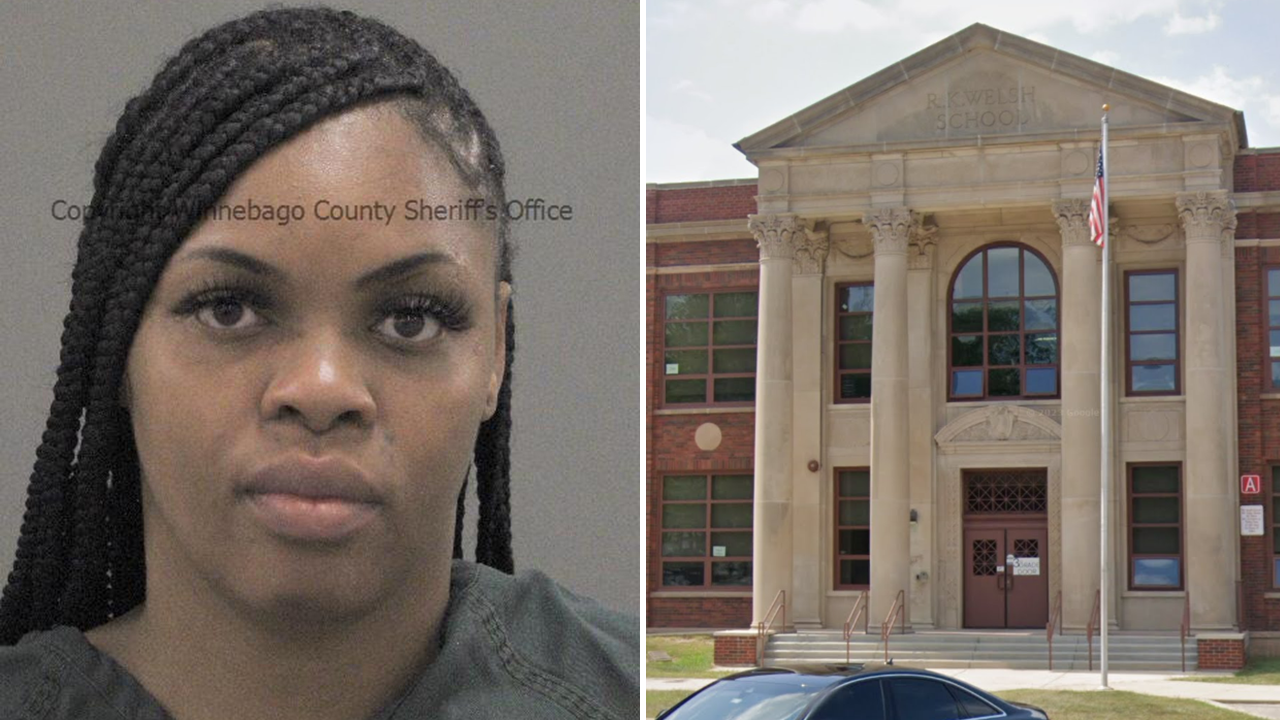This article is also a weekly newsletter. Sign up for Race/Related here.
Property is generally worth less if it’s owned by a Black American. That sobering fact, cemented by 150 years of assessment data, underpins inequality today.
Black Americans’ properties have been undervalued by home appraisers and overvalued by tax assessors. That double punch has left Black homeowners more prone to falling behind on their taxes and, ultimately, to dispossession. One such case involved a Black landowner in North Carolina who lost his land in 1920. That loss affected the family line across generations, and his great-great grandson, George Floyd, was murdered by a police officer after a phone call to the authorities in Minneapolis about a counterfeit $20 bill one century later.
A book published this week, “The Black Tax,” explains how the case of Floyd’s great-great grandfather was not unusual under a system that crystallized soon after Black Americans began acquiring property. Black Americans remain the only racial group with a homeownership rate below 50 percent.
I asked the author, Andrew Kahrl, a history professor at the University of Virginia, about his research. This interview was edited for clarity and length.
Black Americans owned more than 16 million acres by 1910. On the surface, that looks like a success. What lies beneath that?
It was a remarkable achievement in the face of enormous odds. By the turn of the 20th century, though, a clear pattern of over-taxation of Black-owned property was apparent across the South. More deviously, local tax authorities were quick to auction off Black-owned land for unpaid taxes, especially when the land in question had become valuable.
While owning land afforded Black people living in the Jim Crow South a degree of independence that Black tenant farmers and sharecroppers lacked, the responsibilities that came with owning land — such as paying taxes — also carried liabilities. The abuse of local taxing powers worked to ensure that whatever land Black people managed to acquire would remain vulnerable to dispossession.
Explain how the assessment process was abused.
Local tax assessors enjoyed — and often still enjoy — a remarkable amount of discretion over the valuation of local property for taxes. They were, in a sense, accountable to the voters who put them in office, which, because of disfranchisement, meant that they were unaccountable to Black property owners and could overtax them with virtual impunity.
By grossly under-assessing the value of large plantations and estates as well as smaller white landholdings, local tax authorities purposely allowed the wealthiest landowners to pay minimal taxes and starved local governments of revenue, which also shifted local tax burdens decisively onto disenfranchised Black citizens.
It made it easier to, essentially, steal the land?
Tax sales were a powerful and underrecognized instrument of land dispossession, and one that contributed significantly to the decline of Black land ownership, from 16 million acres in 1910 to less than 1.6 million acres by 2000.
While the particular causes of Black land loss varied, it tended to fit a pattern. It was when Black people owned land that others wanted, or when the presence of an individual or group of Black landowners was seen as a threat to the prevailing social and economic order that Black-owned land was most vulnerable.
The people who bid on tax delinquent properties at county tax auctions were not the hooded nightriders or white mobs that we often associate with Black land dispossession in this era. They were often lawyers and land speculators who were seeking to take advantage of others’ misfortunes, financial hardships and vulnerabilities for gain.
How did Black Americans defend themselves?
Black newspapers reported on the gross neglect of Black schools and neighborhoods and couched their demands for equal services in their rights as taxpayers. Individuals filed appeals and sometimes received reductions. But they had vanishingly few legal options outside of state and local courts to challenge systemic discriminatory practices.
Across the rural South, I found examples of Black victims of deception successfully suing to reclaim their land from a tax foreclosure action, appealing to courts as aggrieved property owners and taxpayers — a tactic more likely to bear fruit than appealing as a victim of racial discrimination.
How about the race tax in the North?
Especially after World War II, Northern cities began experiencing a draining of their tax bases as middle-class white people moved to the suburbs. So cities reduced property taxes while enhancing services for the people and businesses they hoped to attract and retain. The favorable tax assessments and better schools and public services that white people enjoyed came at the expense of Black neighborhoods.
By the late 1960s, assessments on properties in urban Black neighborhoods were higher relative to property values than assessments in white neighborhoods in virtually every city where tax inequities were studied. But the conditions of public schools, goods and services in these neighborhoods were worse.
How has the “Black tax” affected today’s wealth gap?
By the most conservative estimates, racialized patterns of over-assessment forced every Black person in America to pay an annual extra $100 (in 2024 dollars) for the past 150 years. That adds up to nearly $300 billion.
But even that amount fails to adequately capture the damage the Black tax inflicted on generations of African Americans.
The tax advantages that white homeowners living in predominantly white cities and school districts enjoyed helped middle-class white families build wealth through homeownership. At the same time, the value of Black-owned homes and property in Black neighborhoods was driven down, ensuring that homeownership would never become the kind of vehicle for upward mobility that it has been for generations of white Americans.
Every home and acre of land Black people lost at tax sales — and every exorbitant payment they were forced to make to save their homes from tax foreclosure — not only drained Black people of their earnings and assets, it quietly but powerfully contributed to the upward redistribution of wealth in America.
To give one example from the book, in 1961 Evelina Jenkins, a Black woman living in South Carolina, lost 66 acres of prime coastal real estate that she owned after a white man she had entrusted deliberately failed to deliver her $26 tax bill to the county treasurer and then promptly snatched her land at the county tax sale. Today, houses on Horse Island in South Carolina sell for upward of $2.5 million. Jenkins died penniless.
Invite your friends.
Invite someone to subscribe to the Race/Related newsletter. Or email your thoughts and suggestions to racerelated@nytimes.com.






